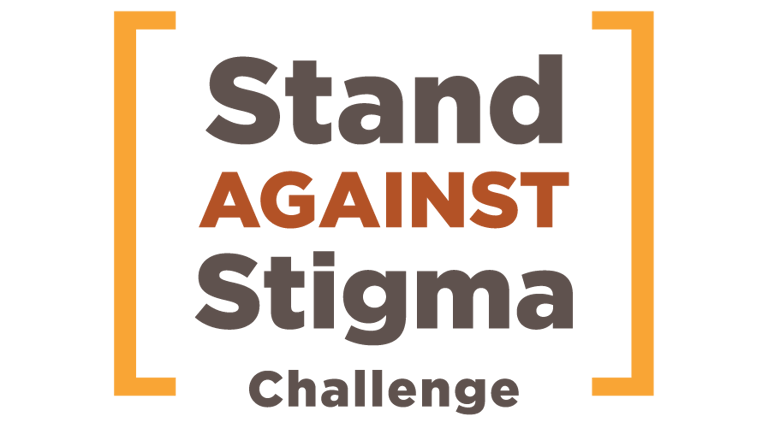Words Matter
If we want addiction destigmatized,
we need a language that's unified.
The words we use matter. Caution needs to be taken, especially when the disorders concerned are heavily stigmatized as substance use disorders are.
The Addictionary, created by the Recovery Research Institute, is a comprehensive glossary of key terms, some well known and others not, concerning addiction and recovery.
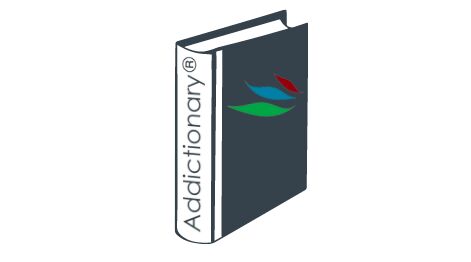

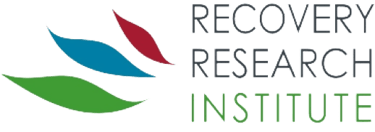

Frequently asked questions
Which resources are the best?
The short answer- it’s different for everyone. Montcalm Recovery Resources is designed to make finding resources easier, and we want everyone to have access to the knowledge that there are multiple options. This website does not evaluate the services listed. We only list resources currently providing services and update and revise the content regularly.
Do people recovery from substance use disorder or addiction?
Yes! Recovery happens. People in recovery from addiction are more like you than you think. Recovery is for everyone, and we invite you to watch videos from local people in Montcalm County who have embraced recovery and changed their lives. Click here to get started
Where do I learn more about substance use disorder and addiction?
There is a lot to learn, and here are a few places to start:
Drug Facts and What Is Addiction?
Drugs, Brains, and Behavior: The Science of Addiction
Overview of Alcohol, Tobacco, and Other Drugs
Additional Resources from the US Dept of Health and Human Services
What should I do if I think my loved one has an addiction?
If you suspect a loved one is struggling with addiction, it’s important to approach the situation with care and compassion. Start a conversation without judgment, express your concerns, and encourage them to seek professional help. You can also contact local addiction recovery services for guidance and support. For resources and support, start HERE.
What is the role of therapy in addiction recovery?
Therapy plays a critical role in addiction recovery by helping individuals address the underlying emotional and psychological issues that contribute to their addiction. Therapy can include individual counseling, group therapy, cognitive behavioral therapy (CBT), and family therapy. It helps individuals understand their behaviors and triggers and provides tools for lasting recovery. Find local providers HERE
What is the role of support groups in recovery?
Support groups, like Alcoholics Anonymous (AA), Narcotics Anonymous (NA), SMART Recovery and others provide a safe space for individuals in recovery to share their experiences, offer mutual support, and encourage each other. These groups can help reduce feelings of isolation and provide ongoing accountability and motivation. Find groups in Montcalm County HERE

Need help starting the conversation?
What should I say? How do I say it without pushing them away? If you need help starting the conversation, check out these great resources from SAMHSA.gov today
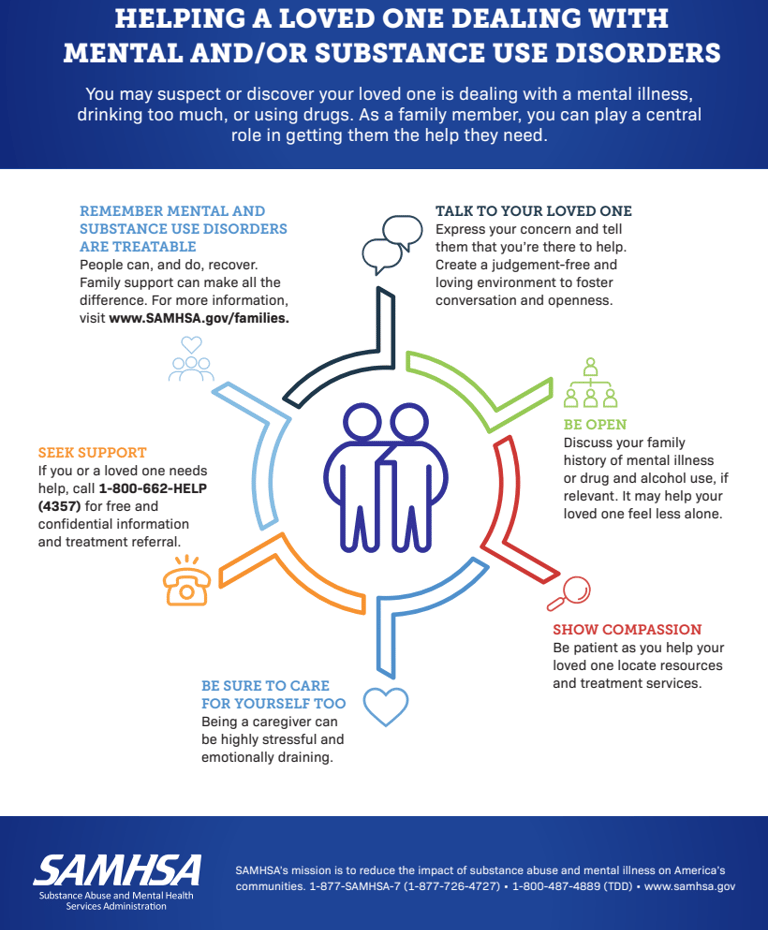

Helping a Loved One
If you suspect your loved one is experiencing a mental or substance use disorder, you can play a central role in getting them the help they need. Click the button below to download this resource
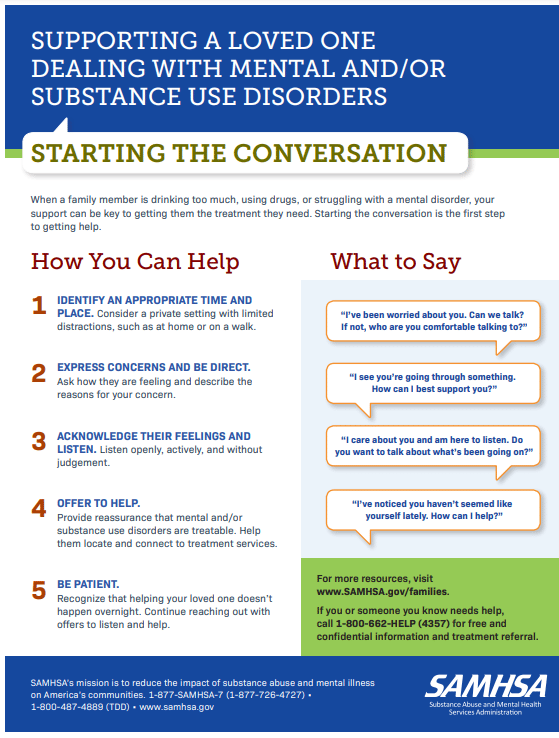

Starting the Conversation
When a loved one is experiencing a mental or substance use disorder, it is important to know how to support them and what to say. Click the button below to download this resource
We must Stand Against Stigma to address the opioid and stimulant use disorder crisis.
Substance use disorders are treatable illnesses, not moral failings. The Opioid Response Network challenges you to confront stigma with easy, daily activity.

In Crisis? Find Help Now
Sometimes help can’t wait. If you or someone you know is in danger or having a medical emergency, call 911 or go to your nearest emergency room.
SAMHSA Helpline
This Helpline provides 24-hour free and confidential help. You can get treatment referrals and information about mental health and drug or alcohol use disorders, prevention, and recovery in English and Spanish.
Call: 1-800-662-4357
TTY: 1-800-487-4889
Text your ZIP code to: 435748
Visit FindTreatment.gov to locate a treatment facility or provider
Disaster Distress Helpline
SAMHSA’s Disaster Distress Helpline is for people who have experienced natural, or human caused disasters, such as a tornado or crime. It provides 24/7 crisis counseling and support to people feeling emotional distress due to the disaster.
Call or text: 1-800-985-5990
If you’re Deaf or Hard of Hearing and in crisis, you can access a videophone service staffed by Deaf LEAD crisis workers fluent in ASL.
988 Suicide & Crisis Lifeline
If you or someone you know is struggling or in crisis, help is available.
Call or text: 988
Chat: 988lifeline.org
You’ll be able to speak with a trained crisis counselor any time of day or night.

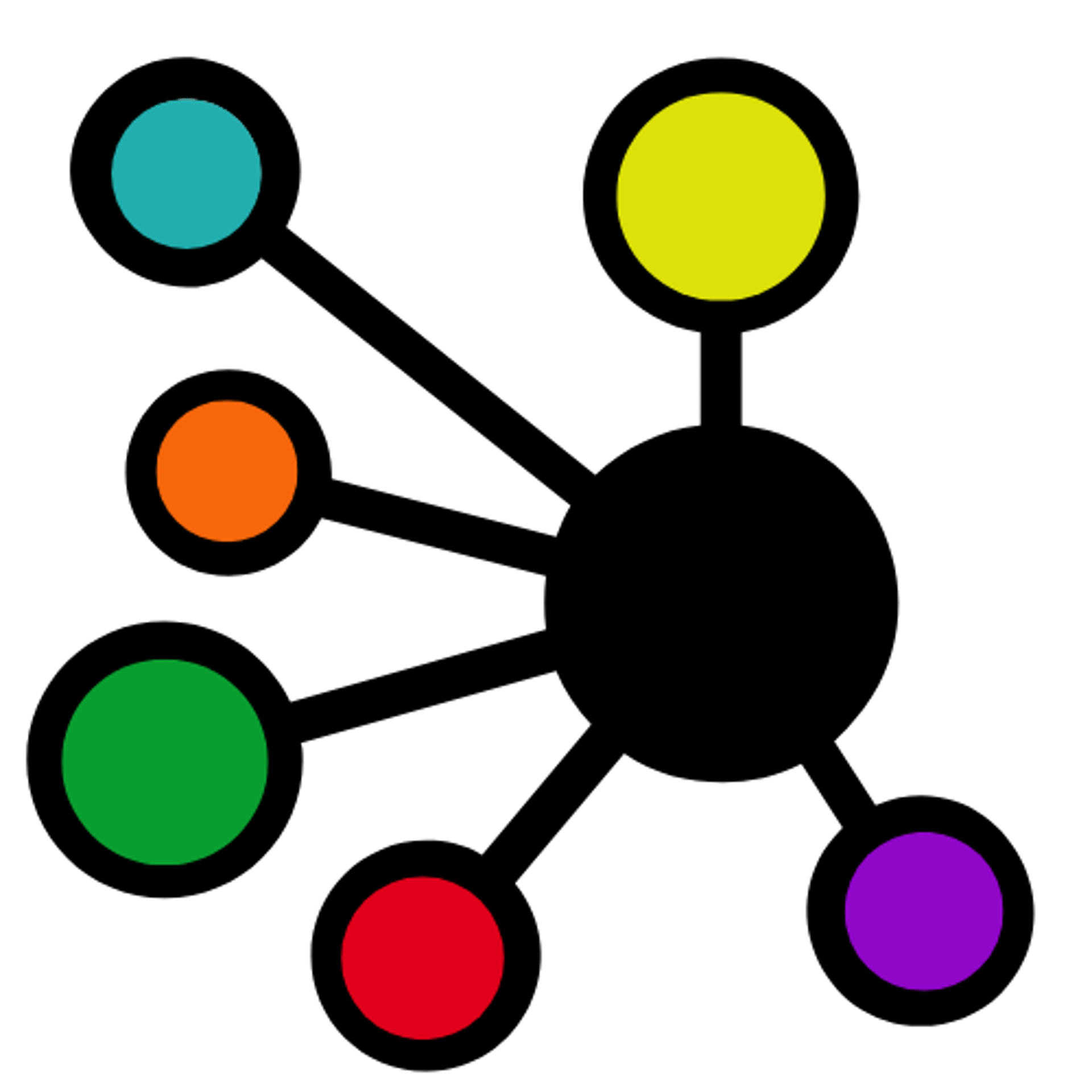
Let's find the help you need
Michigan 2-1-1 is an easy way to find help of all kinds, right in your community. Need help with food, housing, or paying bills? Need support in a family crisis or community disaster? We’re here for you. Any time. All the time. Just call, text, or search online and we’ll get you connected. Click below to download this resource
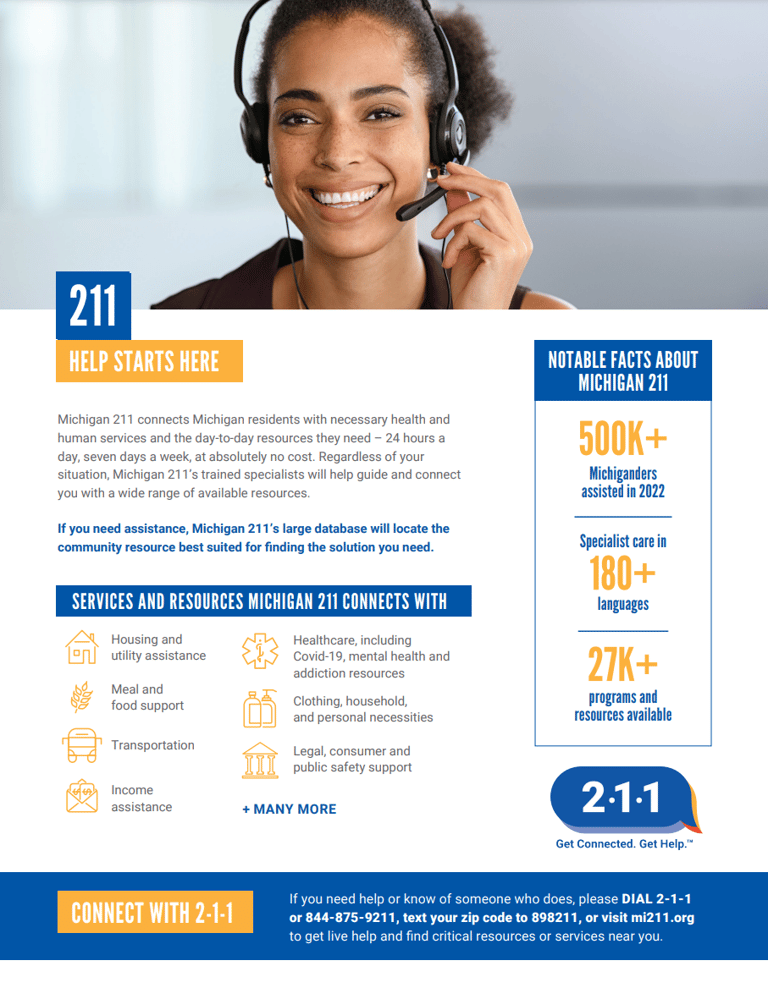


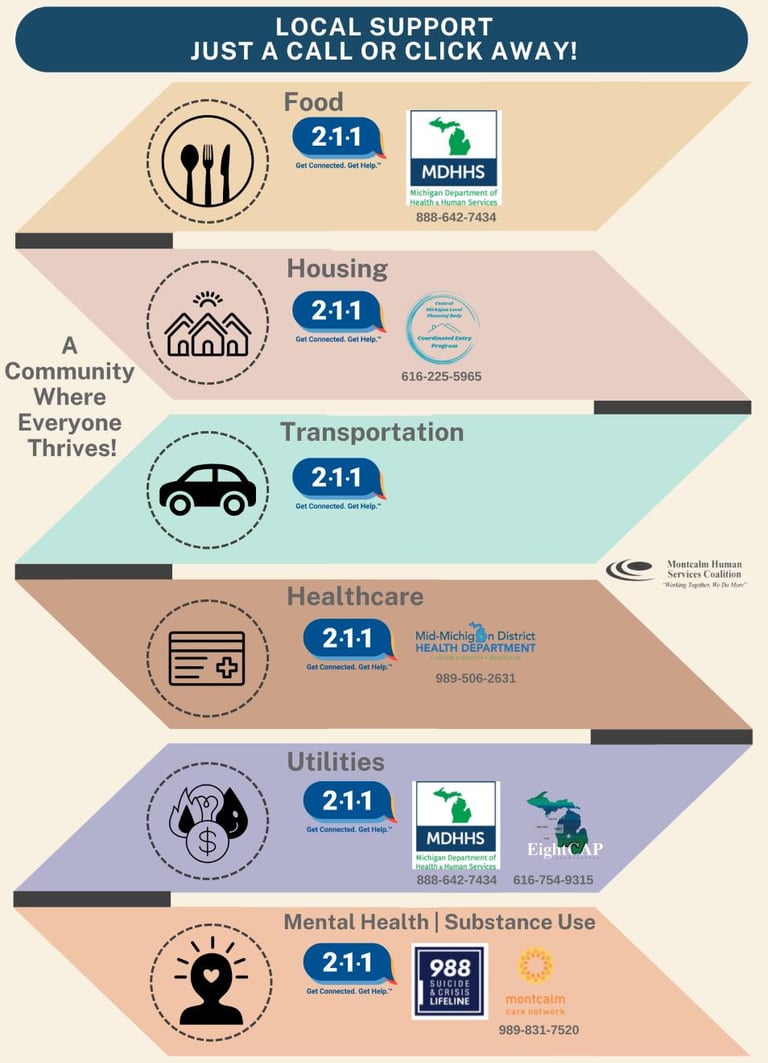

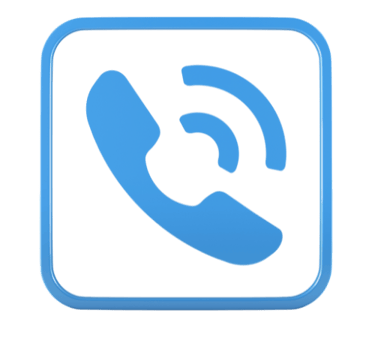





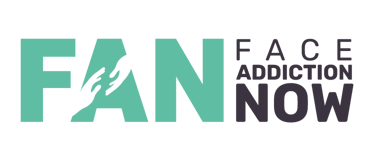
michigan peer warmline
1-888-peer-753
Here to help. Anonymous. For All Michiganders.
7 days a week | 10am - 2am
Montcalm County Addiction Recovery Resources
contact
subscribe to our monthly newsletter. We would love to encourage you on your journey.
info@montcalmrecoveryresources.com
© 2025. All rights reserved.
